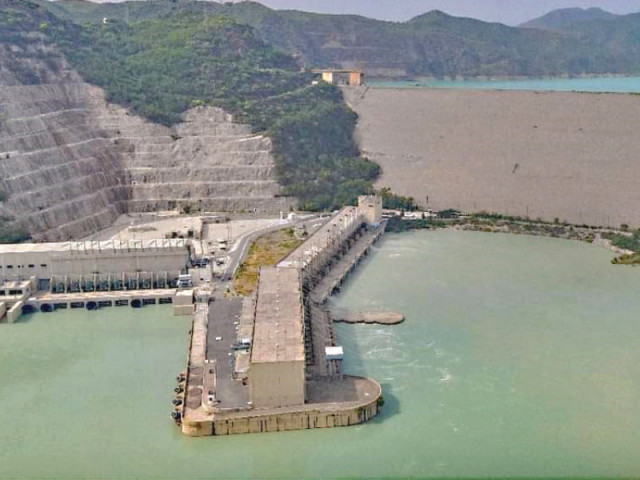Iconic Tarbela Dam turns 50
Since its completion by WAPDA in the third quarter of 1974, the dam has been a symbol of national pride.

The iconic Tarbela Dam, a cornerstone of Pakistan's water and hydropower infrastructure, celebrates its 50th anniversary in 2024.
Since its completion by WAPDA in the third quarter of 1974, the dam has been a symbol of national pride, contributing to the country's agricultural, economic, and energy sectors.
Tarbela, the world's largest earth and rock-fill dam at its inception, has played a critical role in ensuring a reliable water supply to millions of acres of farmland, flood mitigation, and the generation of clean, affordable hydroelectric power.
Over the past five decades, the dam has released 406 million acre-feet (MAF) of stored water for irrigation and contributed 590,361 million units of low-cost, environmentally friendly electricity to the national grid.
The dam, located 64 kilometres northwest of Islamabad across the River Indus, stands as a monumental achievement in engineering.
Its 9,000-foot-long and 470-foot-high embankment features two spillways with a combined discharge capacity of 1.5 million cusecs.
Tarbela's reservoir, originally holding 9.68 MAF of live storage, has now been reduced to 5.77 MAF due to sedimentation over the years.
Tarbela's powerhouse, equipped with 17 power units, has an installed capacity of 4,888 MW, contributing 51.6% of WAPDA's total hydropower capacity.



















COMMENTS
Comments are moderated and generally will be posted if they are on-topic and not abusive.
For more information, please see our Comments FAQ